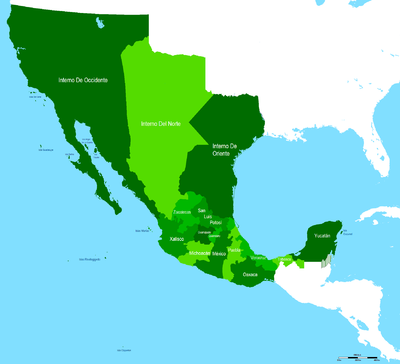Jill Lepore's narration of the story of the United States from that moment is compelling. Deeply disturbing, even if the facts are not always new. To read them all in a single-volume book is immensely more powerful than I had imagined.
The 400 year anniversary was during the post-war Reconstruction. The original inhabitants had been practically wiped out, and most of the rest driven out of their lands. Humans from Africa had been imported, traded, held as property, and finally proclaimed to be free by Lincoln. A destructive Civil War was fought, in which the slave states lost. Meanwhile, Mexicans and Chinese were also given the rough treatment.
Throughout all these, while the citizenship of the European settlers and their descendants was assumed as a given, the citizenship of non-whites was, well, unresolved. (This is, of course, an ongoing issue as well, with the party of whites desperately trying to deny citizenship to non-whites.)
The Fourteenth Amendment guaranteed freed slaves equal protection and due process of law, yes, but they were considered to be "Separate" in the post-war era. Jill Lepore writes about the irony of the Fourteenth Amendment--business used that to further cement a legal fiction that corporations are persons!
In 1937, Supreme Court Justice Hugo Black would observe, with grim dismay, that over the course of fifty years, "only one half of one percent of the Fourteenth Amendment cases that came before the court had anything to do with African Americans or former slaves, while over half the cases were about protecting the rights of corporations.It shouldn't surprise us that today's Party of Lincoln champions business interests more than human interests, especially the interests of disadvantaged non-white humans. As Lepore comments, "rights proffered to the people were proffered, instead, to corporations."
In 1892, the country hosted "the largest-ever world's fair" in Chicago. Frederick Douglass was the only eminent African American invited to address. Otherwise, "as if to shame the Negro, they exhibit the Negro as a repulsive savage."
When the day came for Douglass to deliver his talk, "he arrived to find the fair decked out with watermelons, and white hecklers waiting for him."
That reminds me about the time when a white friend "joked" about how to get Obama to quit the presidency. (This friend--a born again evangelical Christian--is a GOP loyalist.) This white friend "joked" that a trail of watermelons leading out of the White House would do the trick. I gave that white friend the benefit of doubt, and considered that a reflection of his puke-worthy taste in humor. But, in retrospect, I should have served the quit notice right then. Mea culpa.
Douglass offered his blunt assessment:
The problem is whether the American people have loyalty enough, honor enough, patriotism enough, to live up to their own Constitution.This is how we can even frame the problem that we now have with trump's voters and enablers: Do they have loyalty enough, honor enough, patriotism enough, to live up to their own Constitution? So far, the answer is a clear NO! :(
Four years after the 400-year anniversary of Columbus, in 1896, the Supreme Court ruled in favor of yet another atrocity, in Plessy v. Ferguson. The court ruled that separate accommodations for blacks and whites were not unequal accommodations. Separate but equal became the law of the land for more than half a century.
Jill Lepore sums it up well: "The Confederacy had lost the war, but it had won the peace."












